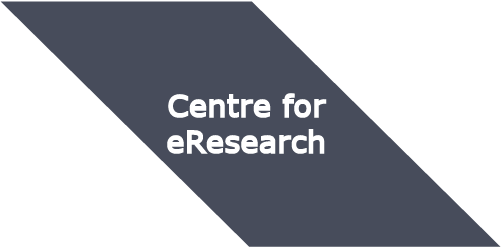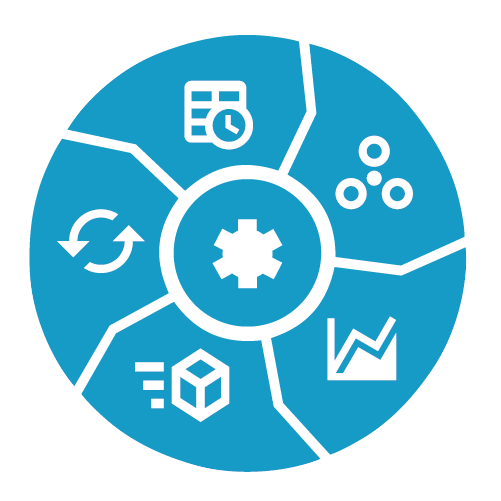
Research IT Advisory
Research Hub
Many fields of research are experiencing the need for significant support due to the availability of increasingly larger and richer data sources, computational analysis, simulation and modelling. In order to be able to participate in these developments, researchers need an easily accessible information platform with regards to what facilities, tools, services and support are available to them. The Centre has been working with various IT providers across the University including ITS, NeSI, Faculty IS and the Libraries and Learning Services to consolidate these research IT services in a one-stop Research Hub to enable researchers to find these tools and services more easily.
Advisory services
In addition, we also provide research advisory in digital services; to connect researchers with various digital platforms and solutions, and support an infrastructure of the highest quality possible to support teaching, learning, and research at the University of Auckland. We provide free advisory services which may include, but are not limited to:
- Cloud computing access and support.
- Training and access to visualisation suite, equipment and tools.
- Advise on managing and planning your data, and applying for research data storage and data transfer.
- Advice on developing analytical workflows and data pathways.
Contracted projects
Any in-depth support and software development projects will require separate funding – see contracted projects. You could also read about case studies for some of the free Research IT Advisory projects below.
